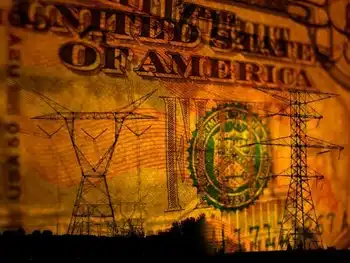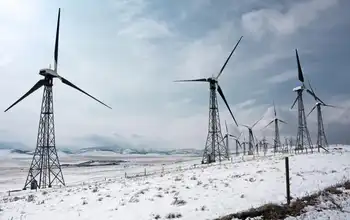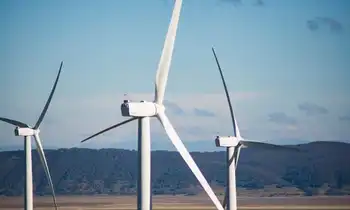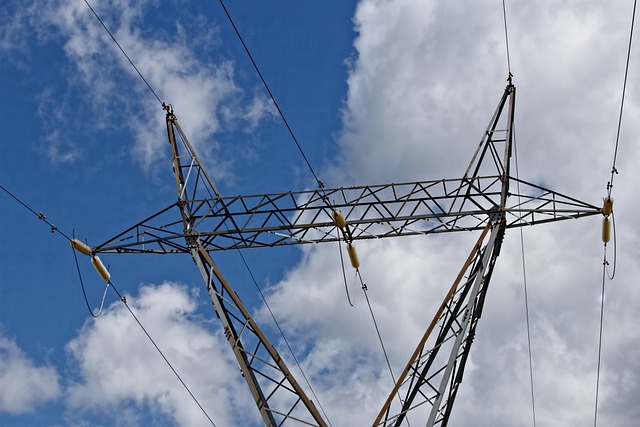Smart meters give dumb results
By Globe and Mail
CSA Z463 Electrical Maintenance
Our customized live online or in‑person group training can be delivered to your staff at your location.

- Live Online
- 6 hours Instructor-led
- Group Training Available
Ontario is the first province in Canada to introduce time-of-use pricing designed to encourage electricity consumers to reduce consumption and run appliances during periods of lower demand, when power tends to come from cheaper, cleaner sources. The government has spent more than $1-billion on the program.
Premier Dalton McGuinty acknowledged that he is hearing the same complaints that opposition members are raising: many people who throw in a load of laundry late at night when electricity prices are lower are getting hit with higher hydro bills.
Under the current pricing system, he said, rates might not be low enough in off-peak hours to allow consumers to reap savings. Under time-of-use billing, consumers are charged 9.9 cents a kilowatt hour during peak periods 11 a.m. to 5 p.m. in the summer and 5.3 cents during off-peak periods 9 p.m. to 7 a.m..
"There should be an appropriate price differential in place that in fact rewards people for changing their behaviour," Mr. McGuinty told reporters. "We want to make sure that the pricing signals are right so that there is a real savings associated with using electricity in off-peak periods."
Opposition parties say the Green Energy Act, along with the harmonized sales tax that took effect July 1, adding 8-per-cent to bills, and higher prices for electricity during peak periods have all combined to drive up rates for consumers.
Mr. McGuinty did not say how his government plans to change the program. But Queen's Park is grappling with the soaring cost of hydro amid worries that it will become a topic of debate during next year's provincial election.
Opposition members are accusing the government of mismanaging the system. "Can the Premier explain why he spent a billion and a half dollars on a scheme that doesn't conserve energy, but does raise people's hydro rates?" New Democratic Party Leader Andrea Horwath said during Question Period.
Norma-Jean Campbell, a dog breeder in St. Thomas in southwestern Ontario, said she got a rude surprise when she opened her latest hydro bill. It had increased to $130 from about $100.
"I just thought, when they put the smart meter in place and the HST on top of that, where is this going to go?" Ms. Campbell said in an interview. "I feel powerless."
Local utilities have installed smart meters that allow consumers to monitor their electricity usage in 4.1 million homes in Ontario. The New Democrats released figures showing that 80 per cent of Toronto Hydro's 500,000 customers on time-of-use billing have seen their electricity bills rise, and most are not changing their usage patterns.
A government official disputed that figure, saying 68 per cent of customers paid $2.79 more on average, while 32 per cent paid $7.40 less on average.











